I believe facilitation needs a makeover in the new paradigms of work.
Facilitation, coordination, and mediation skills have long been underrated and underappreciated in the business world. Looking at layoffs: these are often the first roles cut — the "soft skills" roles that don't produce tangible individual outputs, like project managers, producers, team leads, coach and facilitator-leaders. These are the invisible roles we undervalue when they're there, but sorely miss when they’re gone and the team starts to descend into chaos. And we wonder, why?
Sadly, many of these facilitation roles have also been held by women, making the situation even more precarious. Over the past two years, I've watched so many women made redundant from these positions.
What will the future workplace look like without that "softness", the glue that binds teams, hearts, and humans together, making workplaces feel safe?
Without facilitators, I foresee a future filled with more toxicity, more demands on individual output and high productivity, and rising employee burnout. If we don't course-correct company culture, things will only worsen.
It’s time we rethink facilitation.
The Group Alchemist: A New Paradigm for Leadership
We maybe need a new word that better reflects the powerful, transformational skill of guiding groups toward collective success — not just a sum of individual contributions.
The Group Alchemist.

Humans are the most complex systems to work with. We barely comprehend our own emotions, biases, and fears — let alone manage those of an entire group.
Handing a group with all its desires, needs, and tensions can easily feel like managing chaos. And we see less and less fit candidates for that job as most of us would prefer to hide behind a screen or a chat-GPT written message when it gets uncomfortable.
Leaders who struggle to lead themselves will struggle even more to lead others.
But when you have a Group Alchemist in place, whether titled CEO, facilitator, hiring manager, producer, or leader. Everything magically flows.
Work gets done, people thrive, creativity flourishes. Even with the most ‘difficult’ people to work with.
So what's the magic behind this?
Thanks for reading Rise and Play! Subscribe for free to receive new posts and support my work.
The Traits Of A Group Alchemist
It took me years to understand and own this part of myself: I am a Group Alchemist.
And if you wonder if you are one too, here’s what a group alchemist achieves:
- Rapidly read the room: Within minutes, they sense the group’s dynamics, tensions, and undercurrents.
- Create psychological safety: They arrange interactions — who speaks when, how the space is held — in a way that builds trust within an hour, not months.
- Catalyze transformation and high output: They create conditions for individuals and the group to transcend to a higher state of connection, collaboration, and performance.
- Make magic happen: That unexplainable "something special" you feel in group at a retreat, a concert, or a powerful meeting? That’s also the work of an Alchemist ✨.

Being vs. Doing: A New Leadership Archetype
In today's world, leadership is often measured by what you do: KPIs, achievements, awards.
But Group Alchemists lead in their zone of genius by being, not by doing.
Their work is invisible but transformative. They don't shine individually, they amplify the collective. They take the shadow seat, so the group can thrive in the spotlight.
Group Alchemists excel and thrive in roles like:
- Group Mediation: Especially crucial for co-founder teams, leadership dynamics to disentangle hidden tensions and conflicts.
- Masterminds & High-Performing Teams: Forming and nurturing teams that become exponentially more effective together.
- Offsites & Retreats: Facilitating deep, transformational experiences where trust and connection accelerate.
- Community Builders: Acting as "connectors" who foster genuine relationships between people.
- People Leaders: those could be the CEO, the COO, the GM, a Head of Studio..
As a result, we are shifting to a paradigm where those leadership skills will be more and more required:
- High Emotional Intelligence (EQ): As IQ tasks are increasingly outsourced to machines, EQ will become even more valuable.
- Intuitive Leadership: The right decisions often come not from logic, but from sensing the unseen, hidden patterns.
- Exceptional Human and Interpersonal Skills.
- Self-awareness and Emotional Management: Comfortably navigating your own emotions so you can hold the emotional complexity of the group without being thrown off center.
If this resonates with you, maybe it’s something to start to explore as a career evolution, either inside your company or beyond?
We Will Desperately Need Group Alchemists for the Future
As AI replaces many interpersonal interactions, especially for younger generations growing up with technology like ChatGPT, real-life human connection will become increasingly rare — and uncomfortable.

Meeting new people IRL.
Handling conflicts face-to-face.
Navigating group dynamics.
These are things AI can't do for us.
We will need human alchemists with deep interpersonal skills to bridge the gap — to make us feel human again.
Group Alchemists will build the communities, schools, and workplaces where people can reconnect, belong, and remember what it feels like to be truly alive, together.
We need this more than ever.



















.jpeg)

